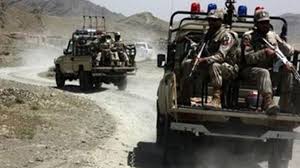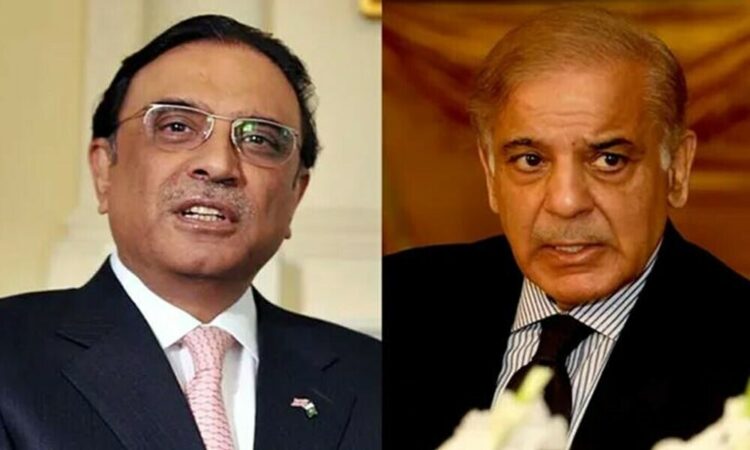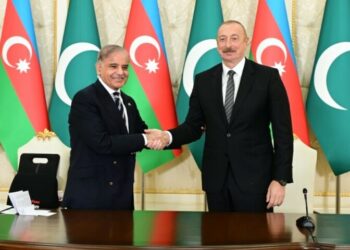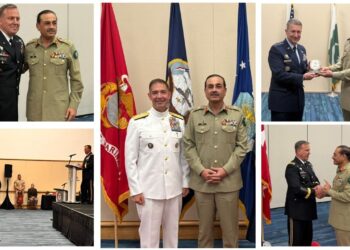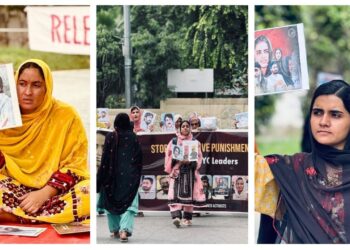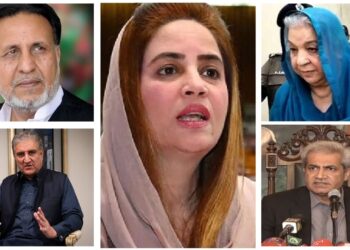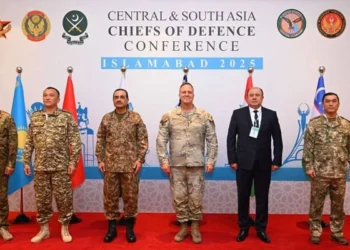ISLAMABAD (Web-Desk); As the international community marked the World Day Against Trafficking in Persons on Wednesday, President Asif Ali Zardari and Prime Minister Muhammad Shehbaz Sharif reiterated Pakistan’s strong commitment to eliminating human trafficking through international cooperation, targeted reforms, and public awareness.
In his message on the occasion, President Zardari called human trafficking a grave global crime that violates fundamental human rights and affects millions, particularly women, children, and marginalized communities. Highlighting the 2025 theme, “Human Trafficking is Organized Crime – End Exploitation,” the president emphasized that trafficking is often carried out by powerful criminal networks and demands coordinated global responses.
President Zardari said poverty, conflict, lack of awareness, and unsafe migration routes are among the leading causes of trafficking, adding that traffickers exploit these vulnerabilities, frequently resulting in tragic loss of lives. He said Pakistan is actively enforcing strict anti-trafficking laws and strengthening institutional mechanisms to dismantle smuggling networks and ensure justice for victims. He reaffirmed Pakistan’s determination to collaborate with international partners to build a world free from human exploitation.
Prime Minister Shehbaz Sharif, in his message, also underscored the urgent need to confront human trafficking at both national and international levels. He noted that recent years have seen a disturbing increase in tragic incidents involving Pakistani migrants, including shipwrecks during illegal migration attempts. These incidents, he said, have further exposed the dangers posed by trafficking rings operating across borders.
To counter these threats, the prime minister said the federal government has formed a special task force dedicated to preventing human trafficking and responding to related humanitarian crises. He also highlighted Pakistan’s active engagement in international forums such as the Budapest Process, the Silk Road Initiative, and the Bali Process, through which the country is advancing collaborative efforts to protect vulnerable populations and disrupt transnational trafficking networks.
Both leaders called for unified global action to end this modern form of slavery and stressed the importance of mass awareness campaigns, cross-border coordination, and justice-driven policies to safeguard human dignity.



